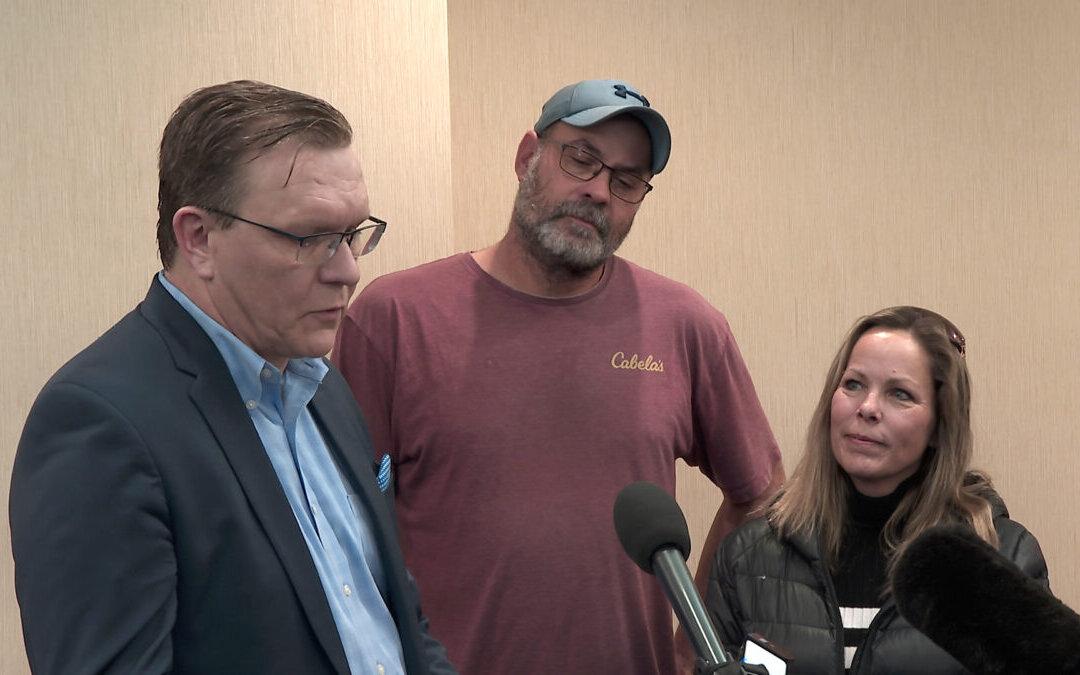One of the initiators of the Freedom Convoy protest in February said there were power struggles within the movement, and while his main purpose was to have the vaccine mandate for truckers repealed, other organizers had other interests.
“There’s different organizations that came and went. ... It was a power struggle a lot of the time,” Chris Barber told the Public Order Emergency Commission, the inquiry into the use of the Emergencies Act, on Nov. 1.





